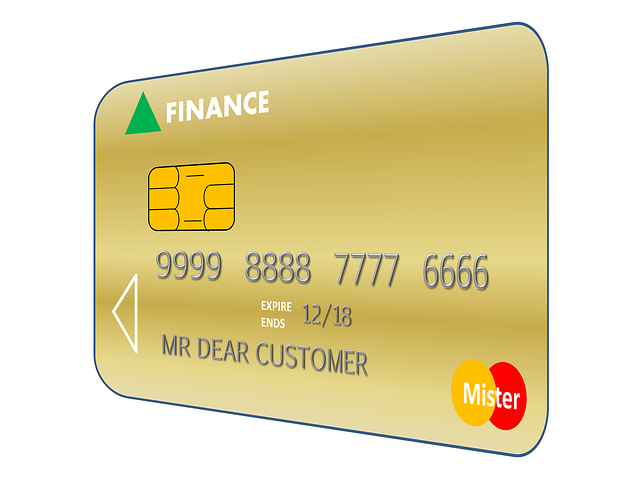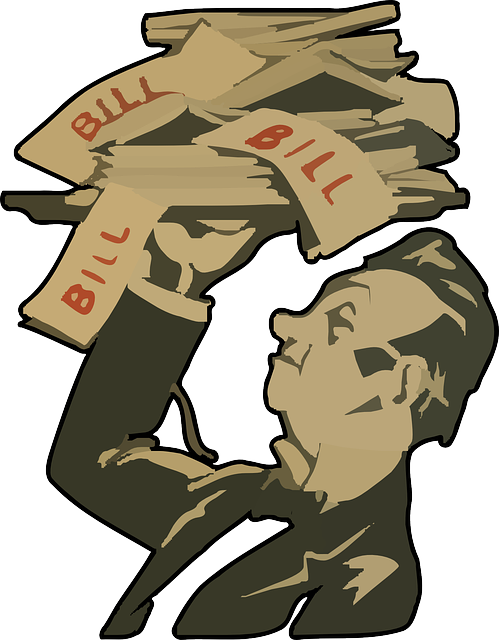Debt consolidation in South Africa offers a strategic solution for individuals and businesses with multiple debts by combining them into one loan with better interest rates and terms. This approach is particularly beneficial for those burdened by high-interest credit card debts or diverse loan due dates, simplifying payments, achieving financial stability, and breaking free from constant debt obligations. Secured loans, leveraging assets as collateral, provide lower rates and extended periods, reducing monthly burdens and enhancing long-term creditworthiness.
In the dynamic financial landscape of South Africa, managing multiple debts can be a complex challenge. This is where the Consolidation of Debt steps in as a strategic solution. This article delves into the critical role secured loans play in facilitating effective Consolidation of Debt in South Africa. By understanding how these loans provide a structured framework for debt management, individuals can make informed decisions to streamline financial obligations and regain control over their finances.
- Understanding Debt Consolidation in South Africa
- How Secured Loans Facilitate Effective Debt Consolidation Strategies
Understanding Debt Consolidation in South Africa

Debt consolidation is a strategic financial move where individuals or businesses combine multiple outstanding debts into one single loan with a more favourable interest rate and repayment terms. In South Africa, where many citizens struggle with high levels of personal debt, this strategy has gained significant traction as a means to regain financial control. The consolidation of debt in South Africa allows borrowers to simplify their financial obligations by reducing the number of payments they need to make each month, which can lead to substantial savings on interest charges over time.
This process is particularly beneficial for those burdened by high-interest credit card debts or multiple loan repayments with varying due dates. By consolidating these debts, South Africans can navigate a more streamlined repayment journey, making it easier to adhere to their financial plans and ultimately achieve debt freedom. A well-planned consolidation strategy can empower individuals to break free from the cycle of constant debt payments, fostering financial stability in the long term.
How Secured Loans Facilitate Effective Debt Consolidation Strategies

Secured loans play a pivotal role in facilitating effective debt consolidation strategies for many South Africans. These loans allow individuals to bundle multiple high-interest debts into a single, more manageable payment stream. By securing the loan against an asset—such as a home or vehicle—lenders offer lower interest rates and longer repayment periods compared to unsecured debts like credit cards. This combination significantly reduces monthly outgoings and provides borrowers with financial breathing space.
In the context of consolidation of debt in South Africa, secured loans provide a structured approach to debt management. Borrowers can choose from various loan types, including home equity loans or vehicle refinance options, tailored to their financial situation. This not only simplifies the repayment process but also gives individuals the opportunity to build creditworthiness over time, as responsible loan management can improve their credit score and future borrowing capabilities.
Secured loans play a pivotal role in facilitating effective debt consolidation in South Africa. By offering stable and accessible funding, they enable individuals to consolidate multiple debts into a single, manageable repayment. This approach not only simplifies financial management but also helps to save on interest costs. In the context of the country’s economic landscape, where many South Africans face diverse debt obligations, secured loans provide a strategic tool for achieving financial stability and peace of mind. Through careful consideration and implementation, the consolidation of debt in South Africa can be a game-changer for those seeking to regain control over their finances.







